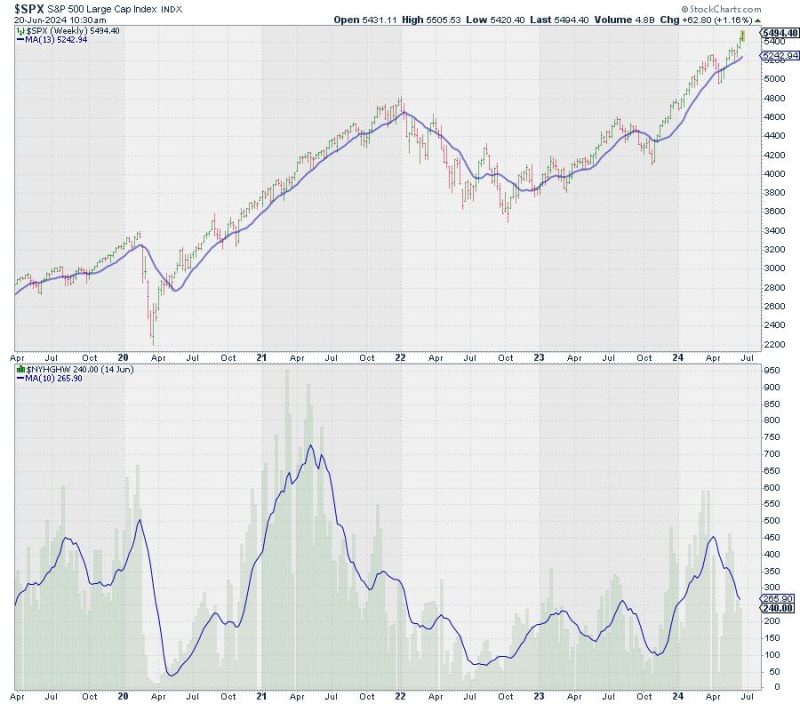In recent years, the online retail industry has seen a surge in the popularity of price comparison websites. These platforms allow consumers to compare prices across multiple retailers, helping them make informed purchasing decisions. While the convenience and transparency offered by price comparison websites are undeniable, there are concerns surrounding their long-term sustainability and impact on the wider retail landscape.
One of the key issues with price comparison websites is the potential negative impact they can have on small businesses. These platforms often prioritize larger retailers with significant marketing budgets, making it difficult for smaller businesses to compete on price. This can lead to a homogenization of the market, where only a few major players dominate, potentially stifling competition and limiting consumer choice.
Additionally, the reliance on price comparison websites can reinforce a culture of price sensitivity among consumers. When price becomes the primary consideration, other factors such as product quality, customer service, and brand reputation can be overlooked. This can lead to a race to the bottom, where retailers are forced to continually lower prices to remain competitive, potentially undermining their ability to deliver high-quality products and services.
Furthermore, there are concerns surrounding the impact of price comparison websites on consumer behavior. While these platforms can empower consumers to make more informed purchasing decisions, they can also contribute to a culture of impulsive buying based solely on price. This can lead to increased returns and dissatisfaction among consumers who prioritize price over other important factors.
Despite these challenges, price comparison websites also offer valuable benefits to both consumers and retailers. For consumers, these platforms provide a convenient way to quickly compare prices and find the best deals, saving them time and money. For retailers, price comparison websites can help increase visibility and attract new customers, driving sales and revenue.
In conclusion, while price comparison websites offer undeniable benefits in terms of convenience and transparency, there are also concerns surrounding their long-term impact on the retail landscape. It is important for consumers to consider factors beyond price when making purchasing decisions, and for retailers to strike a balance between competitive pricing and delivering high-quality products and services. By navigating these challenges thoughtfully, both consumers and retailers can make the most of price comparison websites in a way that is sustainable and beneficial for all parties involved.
